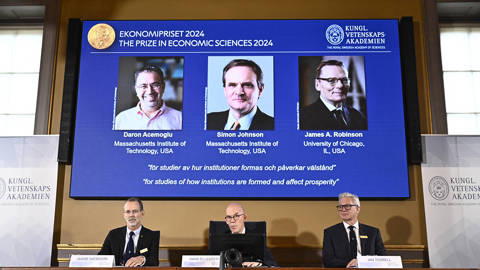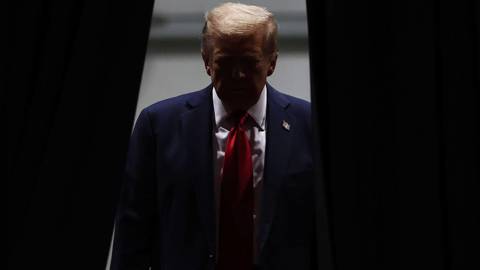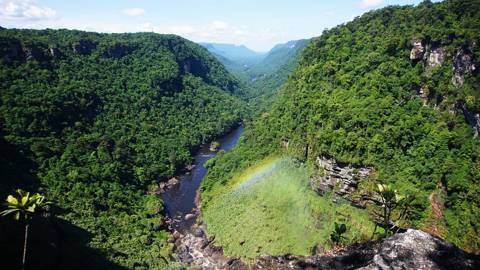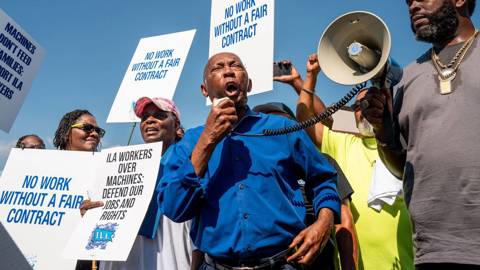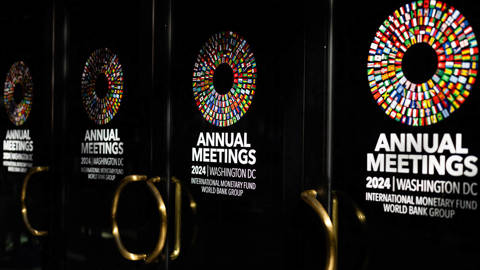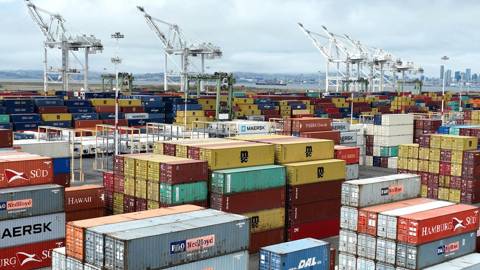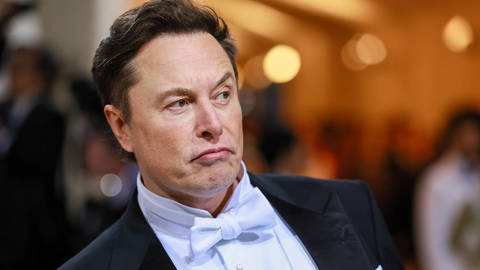
Our Contributors
-
Frans de Waal, a Dutch-born zoologist, is Professor of Psychology and Director of the Living Links Center at Emory University, in Atlanta. His most recent book is The Ape and the Sushi Master.
-
Shiro Wachira is a project specialist on the microfinance partnerships team at One Acre Fund.
-
Andrew Wachtel is President of the American University of Central Asia.
-
Mathis Wackernagel is the co-creator of the Ecological Footprint and President and Co-founder of the Global Footprint Network.
-
Daniel A. Wagner is UNESCO Chair in Learning and Literacy, Professor of Education at the University of Pennsylvania, and Director of the International Literacy Institute.
-
Gernot Wagner, a climate economist at Columbia Business School, is the author, most recently, of Geoengineering: The Gamble (Polity, 2021).
-
Martin Wagner is the managing attorney of the International Program of Earthjustice, the largest non-profit environmental law organization in the United States.
-
Sameh Wahba is Global Director for Urban and Territorial Development, Disaster Risk Management, and Resilience at the World Bank.
-
Zaki Wahhaj is an associate professor at the University of Kent.
-
Margareta Wahlström is Head of the UN Office for Disaster Risk Reduction (UNISDR).
-
Silvio Waisbord, a professor at the School of Media and Public Affairs at George Washington University, is Editor-in-Chief of the International Journal of Press/Politics and the author of the forthcoming book Reinventing Professionalism: News and Journalism in Global Perspective.
-
Yoshibumi Wakamiya is the Managing Editor of "Asahi Shimbun." Author of The Postwar Conservative View Of Asia.
-
Jerome C. Wakefield is Professor of Social Work and Professor of Psychiatry at New York University and author (with Allan V. Horwitz) of The Loss of Sadness: How Psychiatry Transformed Normal Sorrow into Depressive Disorder.
-
John Walcott has covered foreign policy and national security for Newsweek, The Wall Street Journal, and other publications, and is an adjunct professor in the School of Foreign Service at Georgetown University.
-
Arnoldo Wald is a professor of law at Rio de Janeiro State University.
Our Pick

Featured
-
The Beggar-Thy-Neighbor Test The Beggar-Thy-Neighbor Test
Oct 10, 2024 Dani Rodrik
-
What US Interest-Rate Cuts Mean for China What US Interest-Rate Cuts Mean for China
Oct 9, 2024 Andrew Sheng & Xiao Geng
-
Is Capitalism Really the Cause of Global Inequality? Is Capitalism Really the Cause of Global Inequality?
Oct 10, 2024 Kenneth Rogoff
-
Europe and the Polycrisis Europe and the Polycrisis
Oct 10, 2024 Thomas Buberl
